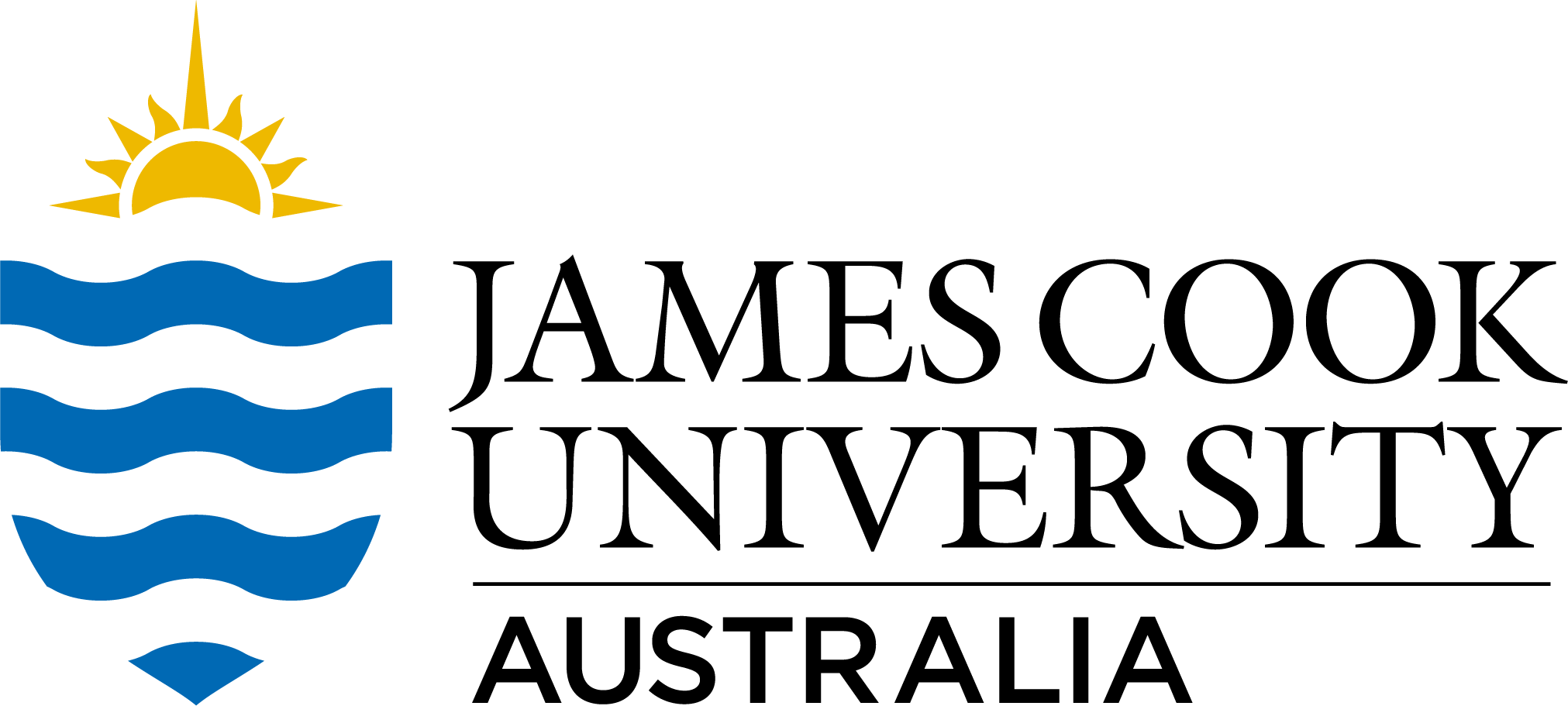Full description
Dataset for the structural habitat composition of the estuarine section of Ross Creek (Townsville, QLD) mapped in the period 2016-2018.
A "structural habitat" is defined as the combination of one or more of the different structural classes belonging to the structural attributes ‘substratum’, ‘vegetation’, and ‘artificial features’.
The dataset includes the following layer groups:
- Map of the extent and distribution of the 51 structural habitat types identified in Ross Creek: RossCreek_StructuralHabitats_Full_List.rar
- Maps of the extent and distribution of natural habitats (NAT) and habitats characterised by the presence of one or more artificial modifications (MOD): RossCreek_StructuralHabitats_NAT-MOD.rar
- Maps of the extent and distribution of the structural attribute 'Sediment', divided in five classes: mud (MUD), sand (SAN), gravel (GRV), boulder (BLD) and pavement (PAV): RossCreek_StructuralLayer_Sediment.rar
- Maps of the extent and distribution of the structural attribute 'Vegetation', divided in two classes: mangrove (MG) and saltmarsh (SM)RossCreek_StructuralLayer_Vegetation.rar
- Maps of the extent and distribution of the structural attribute 'Artificial feature', divided in three classes: armouring (A), stormwater drain (D) and raised structure (R): RossCreek_StructuralLayer_Artificial_Features.rar
Notes
Data is currently available via negotiated access only and will be made open once papers are published.
Created: 2019-06-15
Data time period:
21st century
text: Ross Creek, Townsville, Queensland, Australia
User Contributed Tags
Login to tag this record with meaningful keywords to make it easier to discover
- DOI : 10.25903/5D044035CE1B0

- Local : researchdata.jcu.edu.au//published/ea23aaafbc08e1137510d6074643c364
- Local : d0d6e39c2cd25cf0d6930eaa1cb35295


